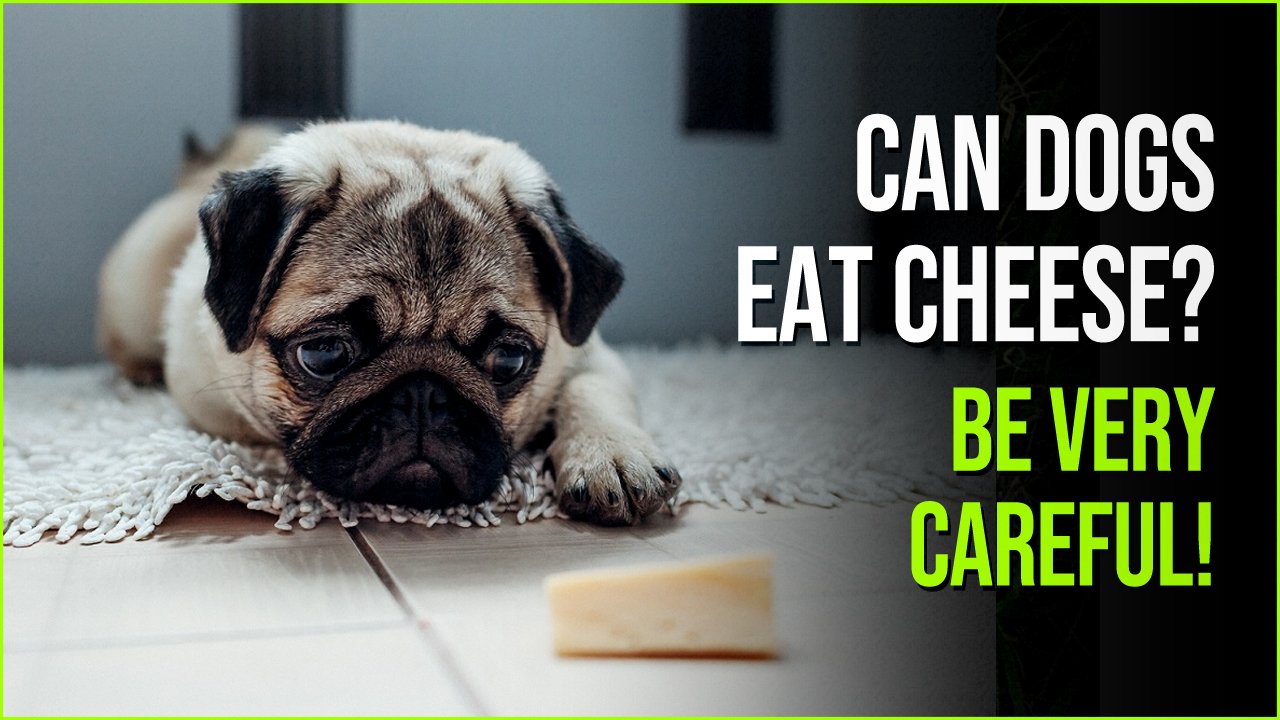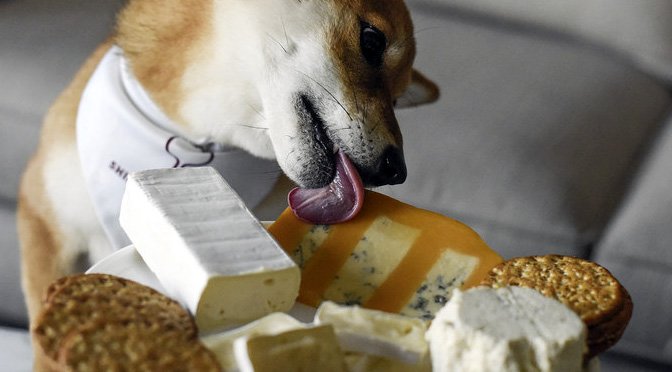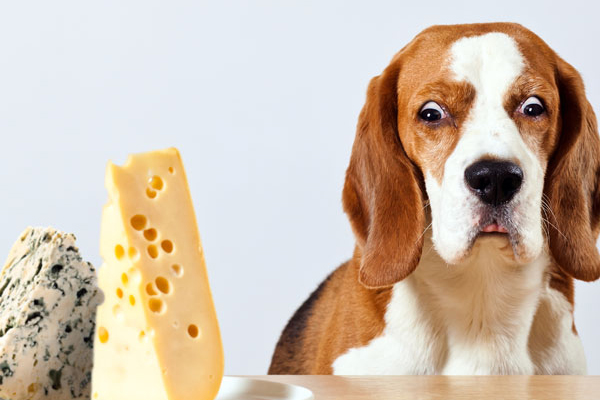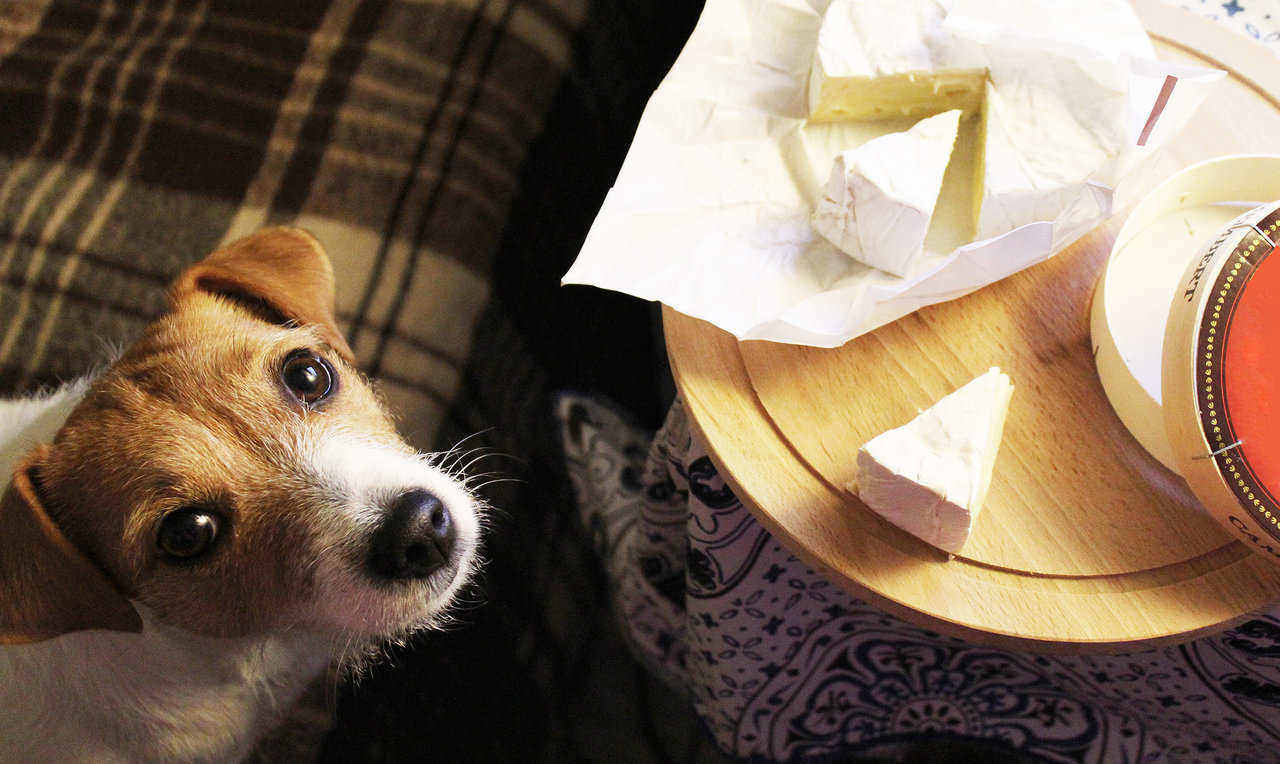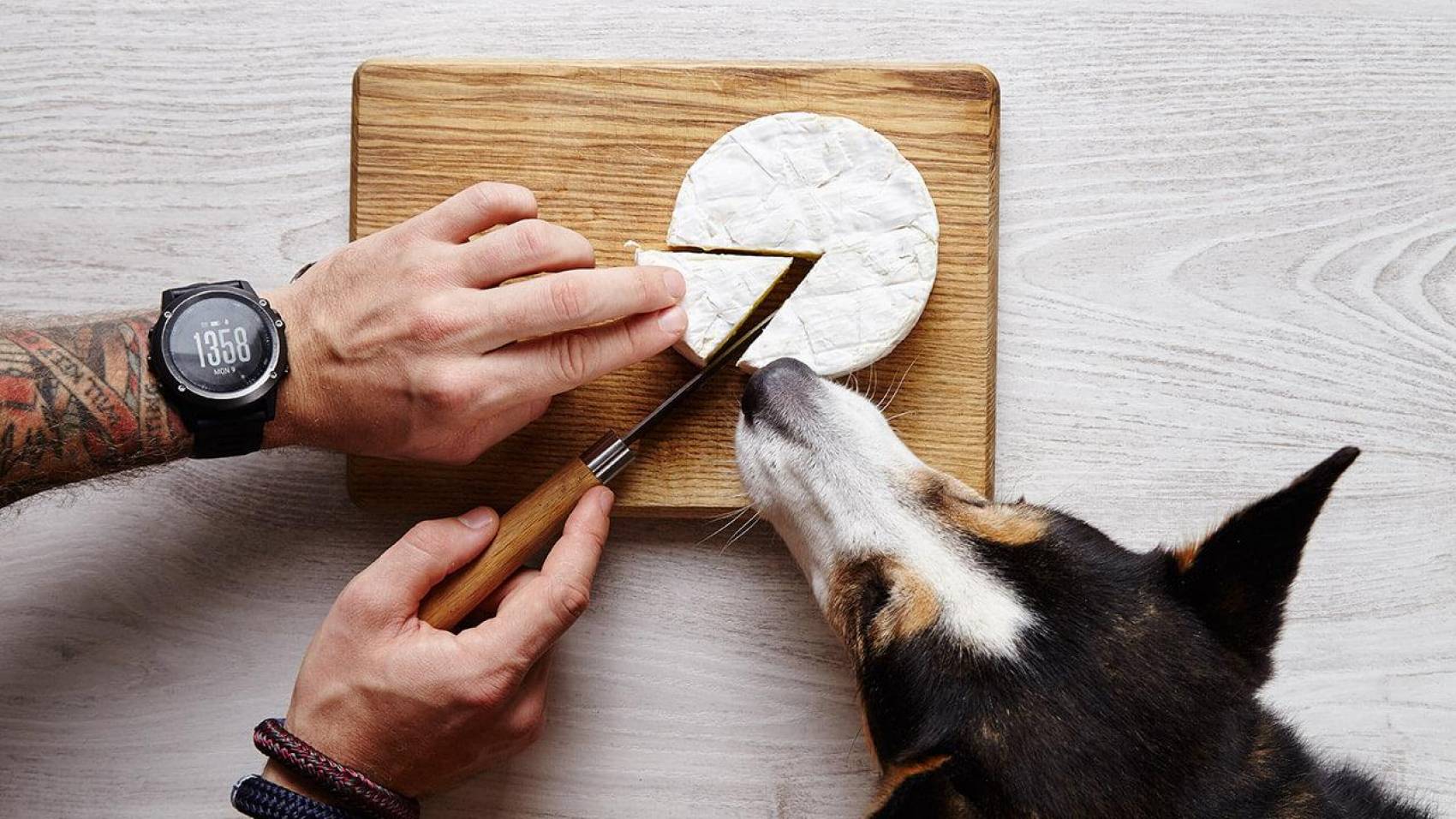As a pet owner, it’s hard to restrict your dog from eating certain types of foods.
After all, those giant innocent eyes want anything and everything that’s on your plate or in your fridge. But can dog eat cheese?
It’s no surprise that cheese is a food that everyone loves. From toddlers and teens to adults and more- there’s simply no way to surpass that wholesome cheesy goodness. Likewise, dogs are no exception. And they go nuts at the sight, sound, and smell of it all. But what happens when a dog eats cheese?
To answer this ever so trending question and other similar ones, we’re jotting down all relevant information, straight from the experts.
Can dog eat cheese- stop and consider the following facts
No matter how much your furry friend loves cheese, there comes a point in time that pet owners can’t help but stop them from eating. This is because many people believe that the answer to can dog eat cheese is no.
Moreover, they feel that even the tiniest bit of cheese can do them more harm than good. But the reality is far from that.
Dogs can, in fact, eat cheese. However, anything that’s given in excess can do them harm. Similarly, there are various types of cheese available in the market today. And believe it or not, it really matters what type you’re feeding your dog.
Benefits and drawbacks of feeding your dog cheese
Should you be feeding your dog cheese in the first place? While the answer is yes, there are very little health benefits of doing so, Above all, cheese is rich in saturated fat. And that, in turn, means your furry friend can become obese.
So what’s the solution? It’s simple actually. Just be careful when feeding your dog cheese. For instance, opt for moderation, instead of going overboard.
Cheese is rich in calcium, which is great for your dog’s bone and teeth. However, it’s also a dairy product and that means it can lead to digestive issues too.
Can dogs eat cheddar cheese- some cheese types are better than others
Generally speaking, cheese arises in a plethora of different types. And that’s why owners can’t help but ask, can dogs eat cheddar cheese?
Overall, it’s best to stick to the occasional cheese treats with dogs. And we’re referring to hiding their medicines in small cheese wedges or simply giving them tiny nibbles to devour. Whatever the case may be, it’s smart not to go overboard.
In addition, experts say that dogs can handle cheddar cheese and string cheese in moderation. Hence, that’s why many refer to them as good cheeses. Similarly, they’re also low in lactose, when compared to other types.
Likewise, other good cheeses worth including into dog diets are Swiss cheese, Cottage cheese, Colby, and Monterey Jack too. But as mentioned previously, use cheese very sparingly.
What happens when a dog eats cheese- interesting facts about bad cheese and going overboard
Now that we’ve covered the good dog cheese, let’s glance over some of the harmful effects of bad cheese. Similarly, pet owners should be aware of what happens when you feed dogs cheese in excess.
Bad cheese includes all those cheese with flavorings and seasonings like garlic and herb. At the same time, it consists of cheese that is rich in fats too.
Most importantly, common examples to avoid are goat cheese, Brie, blue cheese, feta cheese, and other French origin cheeses like Roquefort. These provide no benefits and instead, lead to stomach upsets, toxicity, and quick weight gain.
On the other hand, when you give your dog cheese in excess quantities, it can be fatal. Common examples include serious life-threatening conditions so it’s best to be safe than sorry.
The answer to can dog eat cheese is yes. However, there are a number of things you must be wary of, before feeding your furry friend.
For more interesting and informative animal news, don’t forget to check out our latest article Startlingly Unique Animals From Around The World.


